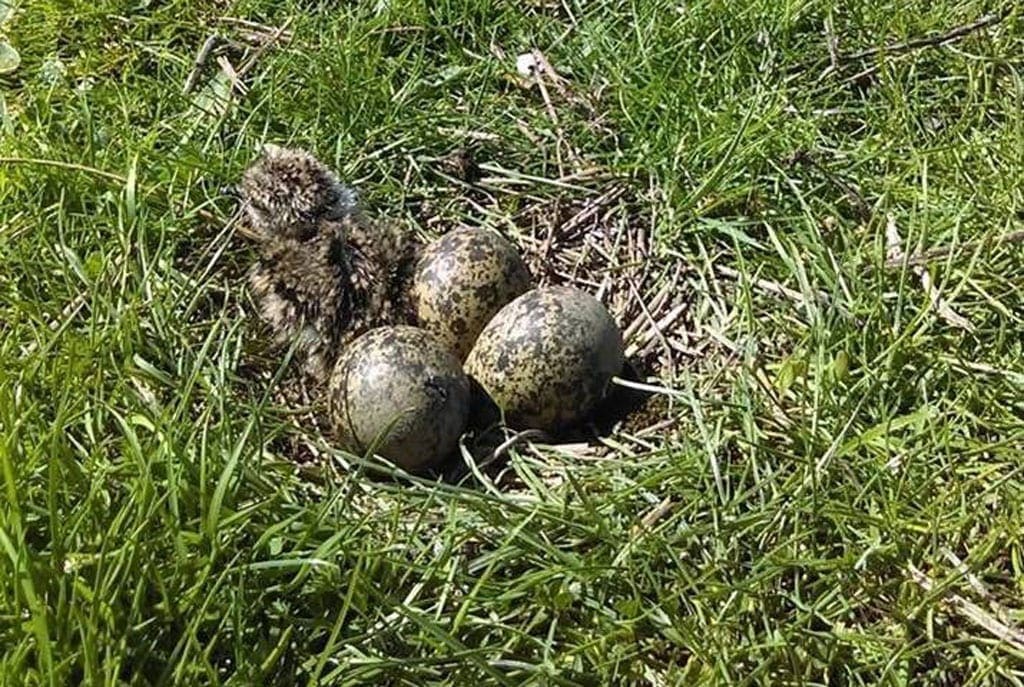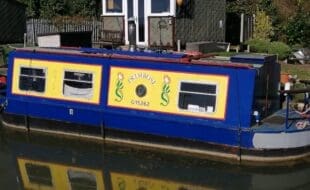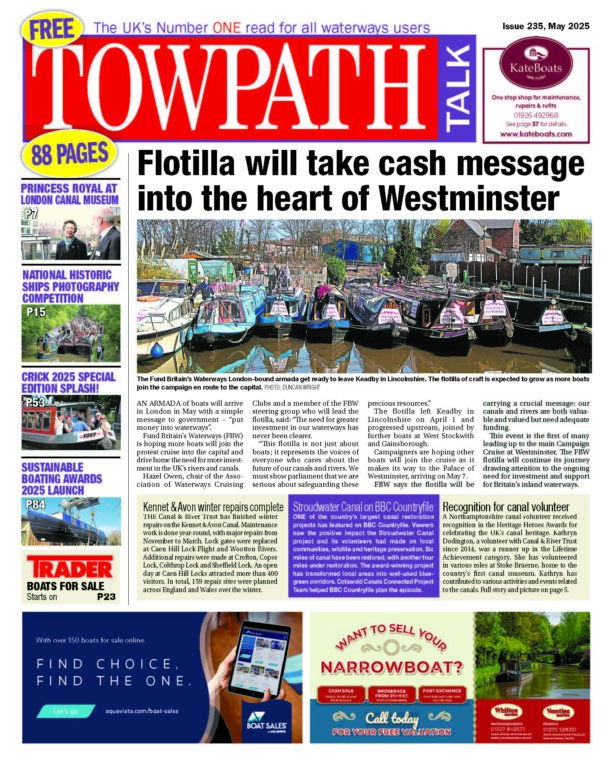
Millions of people have found solace in nature during the six weeks since the lockdown started. Now nature needs our help and space if it is to thrive as we head outdoors. The RSPB calls for people to stay alert for wildlife.
For most UK species, breeding season is now in full swing and wildlife is at its most vulnerable point of the year. Our countryside birds, mammals and reptiles will normally avoid busier areas of human activity to ensure their nests and young are safe from accidental harm, steering clear of popular beaches, busy footpaths or dog walking hot spots.
The RSPB’s Director of England, Emma Marsh said “This year, nature hasn’t needed to adapt to human behaviour, as we stayed home, and some of our wildlife has reclaimed the places we’ve temporarily given up. As we head back out, we need to be alert and avoid disturbing nature as it gets on with producing the next generation.”
Being alert is particularly important for threatened species such as little terns and ringed plover which nest on beaches and could abandon nests or chicks if we don’t stay alert at the seaside.
Following five simple steps could make all the difference in helping our wildlife as we ease out of lockdown and get back into the countryside.
Stay Alert – any habitat can be a home for wildlife and many of our most vulnerable species are very good at hiding themselves in plain sight. Beaches are home to threatened ground nesting birds like little terns and ringed plover, while seals have been choosing to rest at popular spots during lockdown. Even the grass verges next to paths could be hiding skylark or meadow pipit chicks!
Stick to paths and bridleways – the simplest way to give nature space is to keep to the spaces we usually use most, so please do stay on the amazing network of public footpaths and bridleways across England.
- Charity urges motorists to take care crossing historic canal bridges after damage to Grade II* Listed gem
- New apprenticeship standard opens opportunities in water environment and habitat management
Keep dogs on leads in the open countryside – They might be man’s best friend but for vulnerable chicks, a dog bounding through a nest can pose a real threat. Keeping your dog on a lead in the open countryside will help protect both wildlife and livestock. Heathlands are home to ground nesting rare nightjar and woodlark, which can be easily disturbed by dogs off leads.
Back away if you disturb a breeding species. Short, sharp alarm calls, birds with full beaks or coming unusually near to you usually mean you are too close to young, which can often be very well hidden even if they are almost underfoot! If you see any of this behaviour, you should back up the way you came to avoid any risk of disturbing or injuring young, being careful to watch where you tread.
Report bad behaviour – If you notice anything suspicious going on in your local countryside, such as evidence of wildlife crime, fly-tipping or uncontrolled fires, then please do report this to your local wildlife crime officer using the police 101 number.
Nature is still in crisis with more than 40 million birds having vanished from UK skies in just 50 years, 56% of species in the UK are in decline, and one in ten of our wildlife are critically endangered. The RSPB is looking carefully at how and when we can start to re-open our network of nature reserves safely for both people and wildlife.
For now, our reserves remain closed, until they are ready to welcome back visitors. Please visit www.rspb.org.uk for the latest information on the reserves nearest you.




